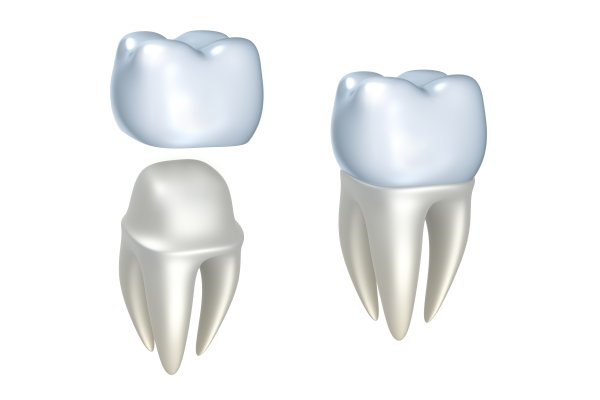5 Medical Conditions That Can Affect Your Oral Health

Maintaining your oral health throughout your life is important. It becomes even more important if challenges arise that may significantly impact your oral health, like certain medical conditions.
At every stage of our lives as humans, there is always the need for us to ensure that we take good care of ourselves. This need becomes more important as we get older and exposed to a variety of medical problems. This article will point out some of the medical conditions that can affect your oral health.
1. Stomach ulcers
Appearing in the form of sores in the stomach’s lining or small intestine, these ulcers are usually as a result of the H.pylori bacterium being present in the stomach. It weakens the protective coating of the sufferer’s stomach, and, as a result, adequate treatment needs to be undertaken. This is where your oral health comes into the picture. The medication used in treating stomach ulcers might cause discoloration of your tongue, turning it black. This should not be a big concern as this discoloration usually disappears shortly after treatment.
2. High blood pressure
Research has shown that a significant number of Americans are struggling with high blood pressure, which is a very dangerous health condition. If you are among the statistics, it is important that you pay close attention to your oral health. Studies carried out have indicated that some of the medications used in lowering blood pressures have the tendency to cause gingival enlargement. This is a condition where your gums become swollen and begin to grow over your teeth.
3. Diabetes
Being an inflammatory disease, this health condition does not just affect the sufferer’s blood sugar levels — it does more harm to the entire body system. If you are battling diabetes, you are invariably prone to various oral health challenges, including cavities, gum diseases, loss of teeth and more. If this is the case, you need to pay particularly close attention to your flossing and brushing routine.
4. Chronic kidney disease
This is another health condition that can have an adverse effect on your oral health. Should you notice something different about your breath, then you should not hesitate to reach out to your physician. When a person’s kidney is no longer able to filter toxins and waste from the blood, the breath changes and takes on the scent of urine.
5. Anemia
If you are suffering from iron deficiency or anemia, it might lead to sores at the corners of your mouth and on your tongue. It could also lead to scarring of the esophagus and throat. Without adequate treatment, this might progress to a severe case of anemia and when this happens, things might just get out of hand as your immune system could also suffer.
Be mindful of your dental routine
As you have just read, these are just a few of the health conditions that can adversely affect your oral health and other health conditions. However, struggling with any of these health challenges should not deter you from maintaining a great dental routine, as it would surely make a difference.
Our office staff is always happy to answer any additional questions you have and we can help you in making the best choices for your dental and oral health. Contact us today!
Request an appointment here: http://yamanedental.com or call Anne Akemi Yamane, DDS Inc. at (310) 539-1444 for an appointment in our Torrance office.
Check out what others are saying about our services on Yelp: Read our Yelp reviews.
Recent Posts
Considering getting dental veneers yet want to understand more about what they are and what they can do for you? If you feel like your teeth could look better than they are, then know that there are many cosmetic dental procedures available nowadays to help you. Many of these procedures can even be performed in…
Dental crowns involve an intensive fitting procedure and often yield fantastic results for a smile. It is reasonable, then, to wonder how long a crown should last. Here is a brief summary of how long a dental crown’s average lifespan is, as well as some information about how a crown can be made to last…
Teeth grinding, or bruxism, can occur due to many reasons. Common causes are an abnormal bite, missing or crooked teeth and stress.Often people have no idea they are grinding their teeth since it commonly happens during sleep. If grinding goes unnoticed for a long time, it can lead to severe damage and pain. The earlier…
After finally deciding to replace your lost tooth with a fixed dental bridge, you are left with the question: how do you care for your new dental restoration? Getting a new, healthy smile can be a little overwhelming and a big confidence booster. If you want to preserve the new smile and keep your teeth…


